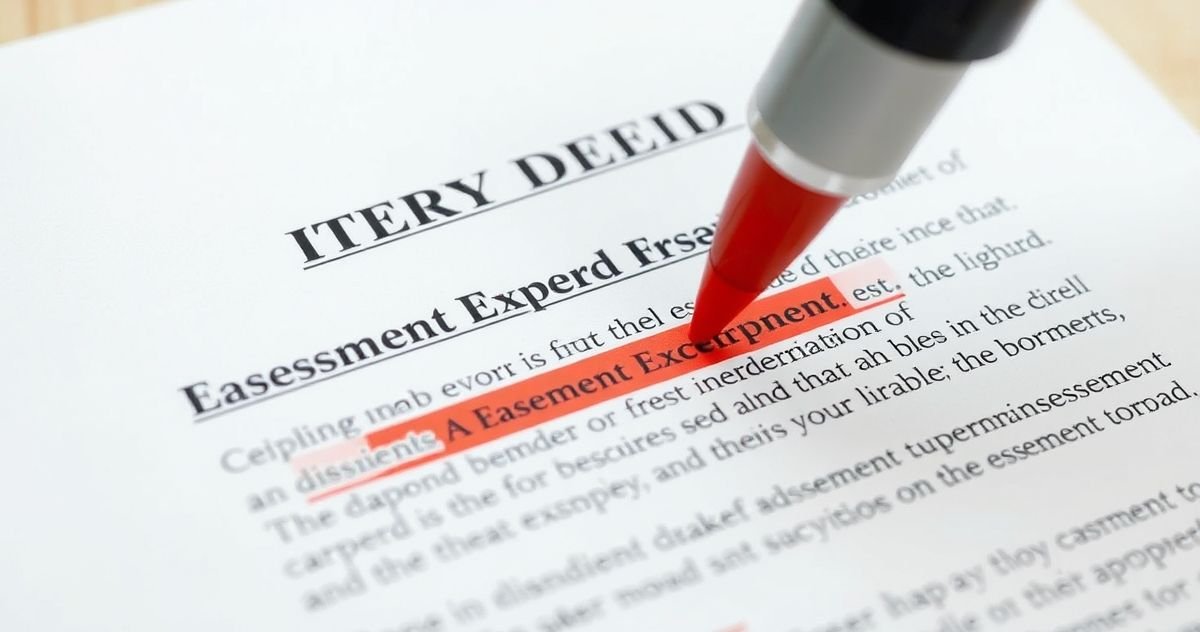When purchasing real estate, a title insurance policy protects buyers and lenders against hidden ownership issues or defects in the title. However, title policies often include an “easement exception” that excludes coverage for specific, pre-existing easements recorded in public land records. This exception acknowledges known legal rights others hold to use parts of your property, such as utility companies running power lines, neighbors with shared driveway access, or public pathways.
Easements grant someone a legal right to use a portion of your land for a defined purpose without transferring ownership. Common types include utility easements, access easements, drainage easements, and conservation easements—each with distinct implications on property use and restrictions.
Title insurance protects against unknown defects but will not cover claims resulting from easements explicitly excepted in the policy. For example, if a utility easement allows a company to maintain infrastructure on your property and damage occurs, the title insurance will not reimburse you for those damages because the easement is a known exception.
To understand easement exceptions, review the title commitment carefully before closing, as this document lists all exceptions that will appear on the final policy. A professional property survey can also highlight easement locations to help visualize their impact. If easements seem complex or restrictive, consulting a real estate attorney can clarify the full implications.
Awareness of easement exceptions ensures you know your property rights and limitations. While easements don’t mean you don’t own the land, they can impose restrictions on how you use certain areas, affect property value, and lead to legal disputes if not respected.
For more information on title insurance terms, see our Title Insurance article, and to understand property agreements, visit Property Access Agreement. Consult authoritative sources like the Consumer Financial Protection Bureau for official details.



